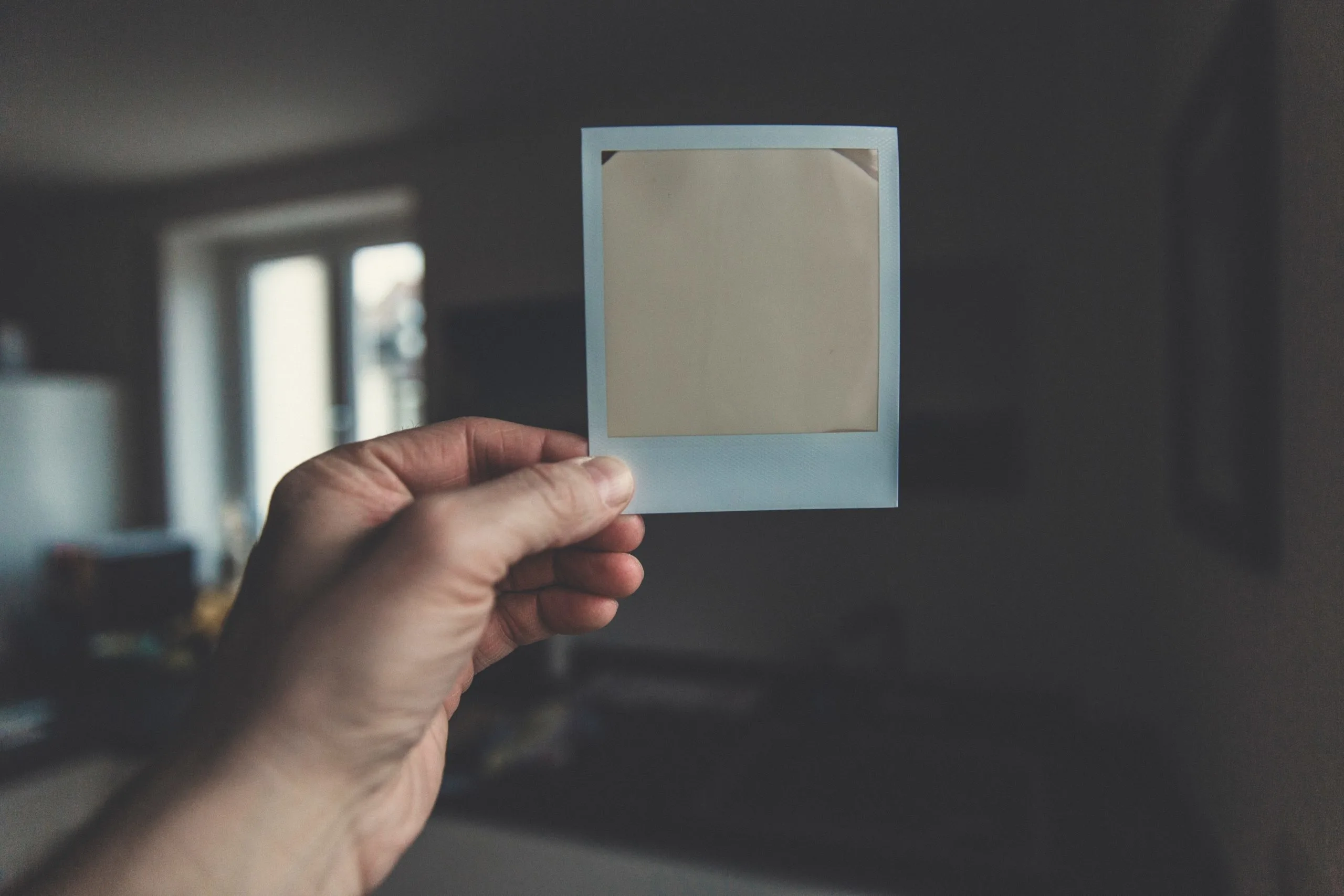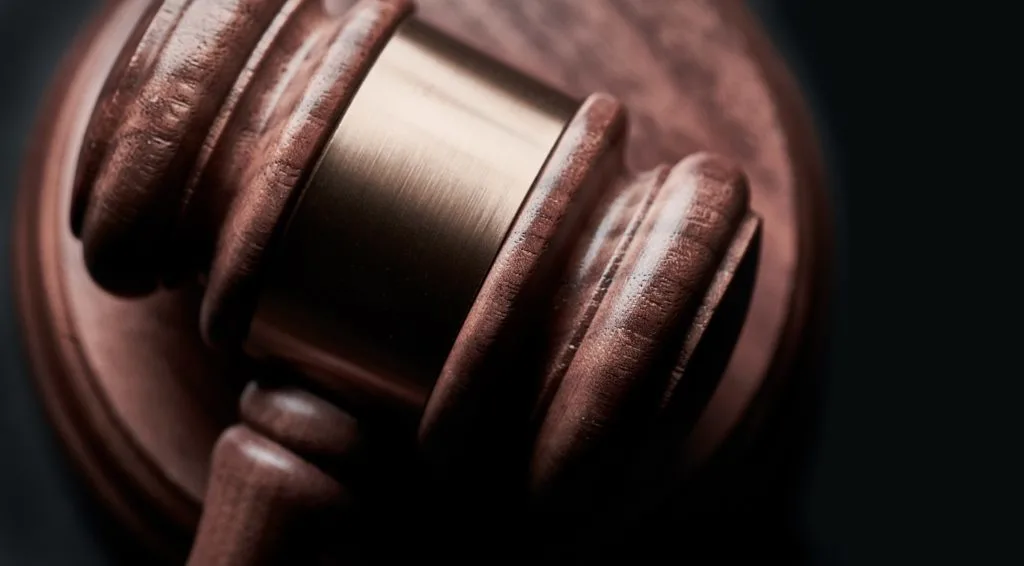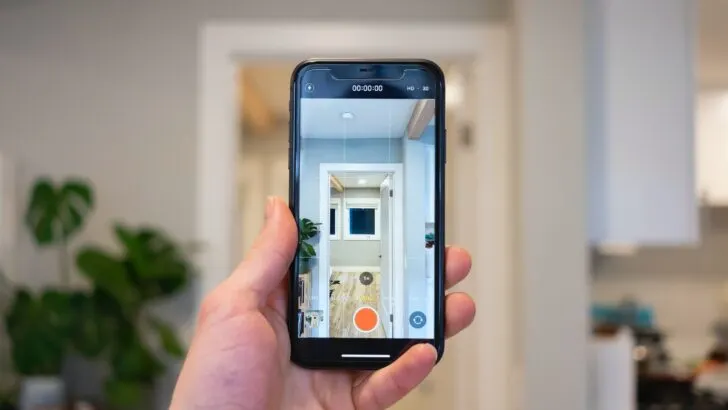How do security deposits work? Maybe you’re getting ready to move into your first rental. Maybe you need a refresher as you make plans to move. Maybe you’re trying to settle a dispute with your landlord.
Low Income Relief has compiled everything you need to know about security deposits, including general best practices for avoiding disagreements with landlords and information from every state in the U.S.
The Basics
Before we dive into the nitty gritty on how to save the most money on your rental, let’s make sure we have the basics down.
If you’re renting for the first time, you may be wondering what a security deposit is. A security deposit is a payment to a landlord, typically in the amount of one month’s rent at the beginning of a rental term. You should expect that the security deposit will be returned to you when you move out of the rental unit in part or in full, unless the landlord needs to use the money to cover costs allowed by law.
Landlords can legally use security deposits to cover:
- Unpaid rent or utilities: If a tenant fails to pay rent or leaves their utility bills unpaid after moving out, the landlord may use the security deposit to cover these unpaid expenses.
- Cost of cleaning or damage: If the rental unit is left in an extremely unclean state, the landlord may use all or part of the security deposit to cover cleaning costs. Similarly, if there is excessive damage to the rental unit, like broken doors or locks, holes in walls, unapproved painting, and water damage to hardwood floors.
- Lost income due to breaking lease: If a tenant breaks their lease, the landlord may keep the security deposit. This is because the landlord is potentially losing income that they were expecting.
Landlords cannot use security deposits to cover:
- Normal wear and tear: this refers to the minor damage to a rental unit that’s unavoidable when someone is living there. This could include a small number of holes in walls where pictures were hung, dirty grout in the bathroom, or a small hole in the carpet.
How it Works with Pets
Security deposits sometimes work differently if you are moving in with a pet. There are two ways that landlords might charge you to cover potential damage from pets.
Pet Fees: A pet fee is a payment that you give the landlord when you move in, which they will keep regardless of any damage actually caused by your pet. It should be made clear, in writing, that this fee will not be returned to you.
Pet Deposit: Like a security deposit, a pet deposit is paid to the landlord to cover the cost of any potential damage done to the rental unit by the pet. If there is no damage, the deposit will be returned to you when you move out.
It is recommended that you look at your state’s laws (below) pertaining to pet fees and deposits, as they are not necessarily legal in every state.
Can a security deposit cost more than one month’s rent?
The short answer: it depends.
In some states, a landlord can charge more than one month’s rent as a security deposit. And in other states, it’s legal for landlords to charge additional costs such as “prepaid rent”. Prepaid rent is different from a security deposit in that it can only be used to cover the cost of unpaid rent. It cannot be used by the landlord to cover the cost of damages done to the rental unit.
Landlords can’t just charge whatever they want when you move in, though. Make sure you’re up to date on your state’s laws stating what a landlord can and cannot charge when you’re moving into a new rental unit.

Best Practices for Security Deposits
We all want to save as much money as possible, and one way to do that is to make sure we’re entitled to getting our security deposits back.
Document Everything: The #1 rule for getting your security deposit back is: document everything: If I’ve learned anything living in the cutthroat real estate environment that is New York City, it’s that keeping good records is the most helpful thing you can do when it comes to getting a deposit back. So, how do you document everything?
- Make sure you have a lease in writing and avoid strictly verbal agreements if you can. Make scans of your lease and save them in your Google Drive, or other cloud based (i.e. Dropbox) document filing system.
- Take photos of every inch of your house or apartment before you move in your belongings and save the photos with a timestamp in a cloud based filing system. If there is existing damage when you move in, you don’t want to be charged for it when you move out. Take the same photos when you move out.
- Document verbal conversations with your landlord. This is tricky, but not impossible. Try to communicate via text or email when you can. If you have phone calls or you speak in person, follow up with a text or email to “thank” your landlord for the conversation, while restating what was said in your conversation. For example, if you had a phone call in which your landlord promised to return your deposit by a certain date, you can send a follow up text that says something like, “Thank you for chatting earlier and for agreeing to return my security deposit by next week. I appreciate it.”
- Make sure you have a record of all rent payments. If you pay via check or use an app like Zelle, you’ll have an electronic record through your bank. If you pay in cash, ask your landlord for a receipt. If they won’t give you a receipt, try to get them to acknowledge via text or email that they received your payment.
Why document it? If your landlord illegally keeps your deposit after you move out, you can prove in small claims court that you are entitled to your deposit.
Keep the rental in good condition: Try to clean regularly and address things like water damage quickly. It can be helpful to maintain a good relationship with your building’s superintendent or landlord so they can help you fix damage before it gets worse. For example, if there is water damage done to your floors due to a leaky ceiling, let your super and/or landlord know as soon as it happens. It would be more difficult to prove six months later that the damage was caused by a storm, and not by you.
Know the terms of your lease: Make sure you’re aware of what could cause the landlord to withhold your deposit. For example, if your lease says that pets are not allowed, getting a pet would put you in violation of your lease and may be a reason for your landlord to keep your deposit.

What if my landlord won’t return my security deposit?
If your landlord refuses to return all or part of your security deposit and you think you’re entitled to having it returned to you, there are a few courses of action you can take. And this is why documentation is so important!
First, try talking with your landlord. If they’re claiming that you caused damage, show them the photos you took when you moved in to prove that the hole in the wall was there when you moved in. Hopefully, an honest, civil conversation will resolve the issue and you won’t have to take further action.
If your landlord still won’t budge, you can send a “demand letter”. This is a letter that outlines all of the reasons why you are legally entitled to your security deposit. If you can’t afford an attorney, there are many tenants’ rights organizations that can help.
Finally, you have the option to file a lawsuit in small claims court. Your local tenants’ rights organization might be able to help with that as well.

How do security deposits work in my state?
While the information above is generally applicable to security deposits everywhere, it’s important to be aware that every state has its own laws and regulations regarding security deposits. Below you’ll find links to information on security deposits for each state:
When it comes to security deposits, it’s important to know your rights. The more you know, the less an unsavory landlord will be able to take advantage of you. And when all else fails, document everything.

